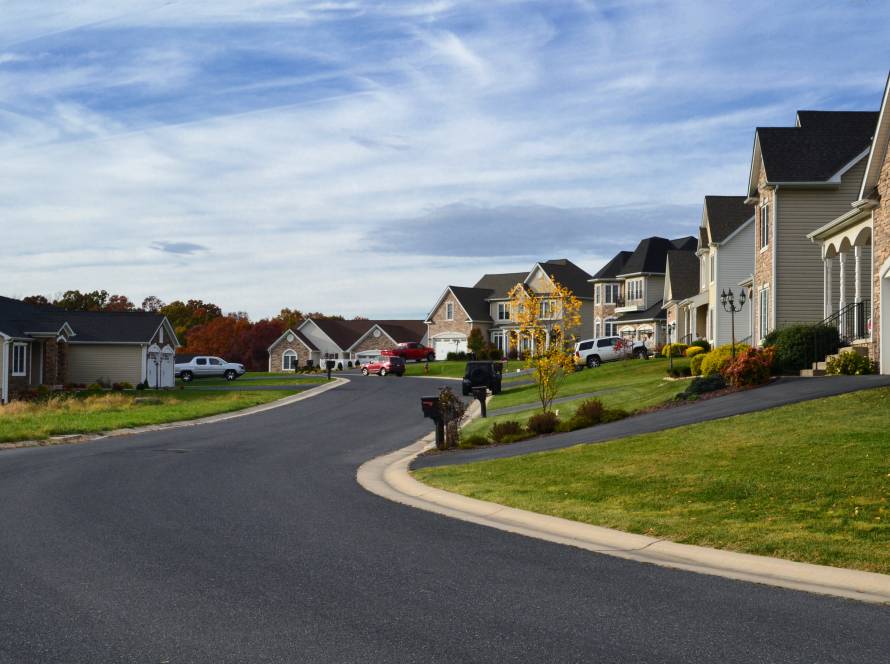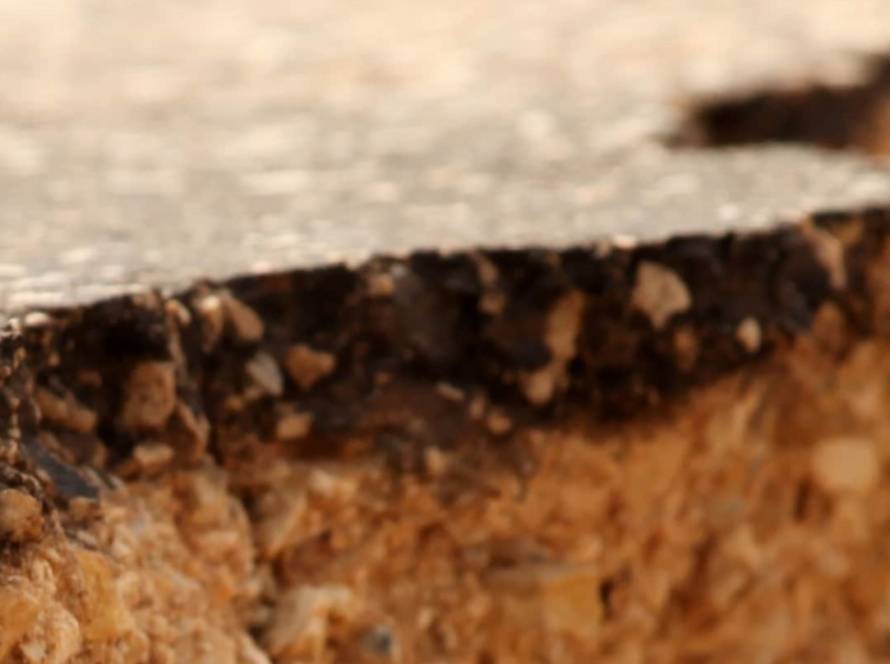Mould is always an unwelcome presence, whether it appears in your basement, garage, or even on the concrete surfaces of your porch, walkway, driveway, or patio. While Mould can grow on various materials, let’s focus on concrete. How should you tackle Mould when you discover it on concrete, and what can you do to prevent its return? Keep reading for answers to your most pressing questions about dealing with Mould on concrete.
Mould growth on a concrete driveway is not just unsightly but can also lead to structural damage over time. Fortunately, there are several effective strategies to prevent Mould from developing on your driveway:
MOULD REMOVAL ON DRIVEWAY:
- Ensure Proper Drainage One of the key factors in preventing Mould growth is to ensure that water doesn’t pool on your driveway. Standing water creates the perfect environment for Mould to thrive. Make sure your driveway is properly graded so that water drains away efficiently. Additionally, check your gutters and downspouts to ensure they are directing water away from the concrete surface.
- Keep the Surface Clean Mould feeds on organic material, so keeping your driveway free of dirt, leaves, and other debris is crucial. Regularly sweep the driveway and consider washing it with a mild detergent solution (such as a mixture of detergent and water) to remove any residues that might encourage Mould growth.
- Applying a Concrete Sealer Sealing your driveway with a high-quality concrete sealer can create a protective barrier against moisture. Sealers prevent water from penetrating the concrete, which not only reduces the risk of Mould growth but also helps protect the driveway from other types of damage. Look for sealers that offer both waterproofing and UV protection to keep your driveway in top condition.
- Maintain Good Ventilation While this tip is more relevant for enclosed concrete areas like garages, it’s still worth noting for driveways with shaded areas. Ensuring good airflow around your driveway can help keep the surface dry. If your driveway is in a particularly damp or shaded area, consider trimming back trees or bushes that might be blocking sunlight and airflow.
- Regular Inspections Finally, performing regular inspections of your driveway can help you catch and address Mould issues before they become severe. Look for any signs of Mould, such as dark spots or a musty odour, especially after periods of heavy rain. If you notice any potential issues, take action immediately to clean and seal the affected area.
What can I spray on concrete to prevent Mould?
To prevent Mould from forming on concrete, you can use a mixture of water and vinegar or bleach. Vinegar is a natural option that’s effective for killing Mould spores, while bleach offers a stronger solution, especially for larger infestations. For a more permanent solution, consider using a commercial Mould-resistant spray or a penetrating concrete sealer that creates a moisture barrier, making the surface less hospitable for Mould growth.
Can you seal concrete to prevent Mould?
Yes, sealing concrete is an effective way to prevent Mould. Concrete sealers work by filling the pores in the concrete, preventing moisture from penetrating the surface. Without moisture, Mould spores have a much harder time growing. There are various types of sealers available, including penetrating sealers and acrylic sealers, which are particularly effective for outdoor surfaces like driveways and patios. Sealing not only prevents Mould but also protects the concrete from other types of damage.
Why is Mould growing on my concrete?
Mould grows on concrete primarily due to the presence of moisture. Concrete is porous, which means it can absorb and retain water, creating an ideal environment for Mould, especially in damp, shaded, or poorly ventilated areas. Mould spores are naturally present in the environment, and when they land on a damp surface, they can begin to grow. Preventing moisture accumulation through proper drainage, ventilation, and regular maintenance is key to avoiding Mould on concrete.




